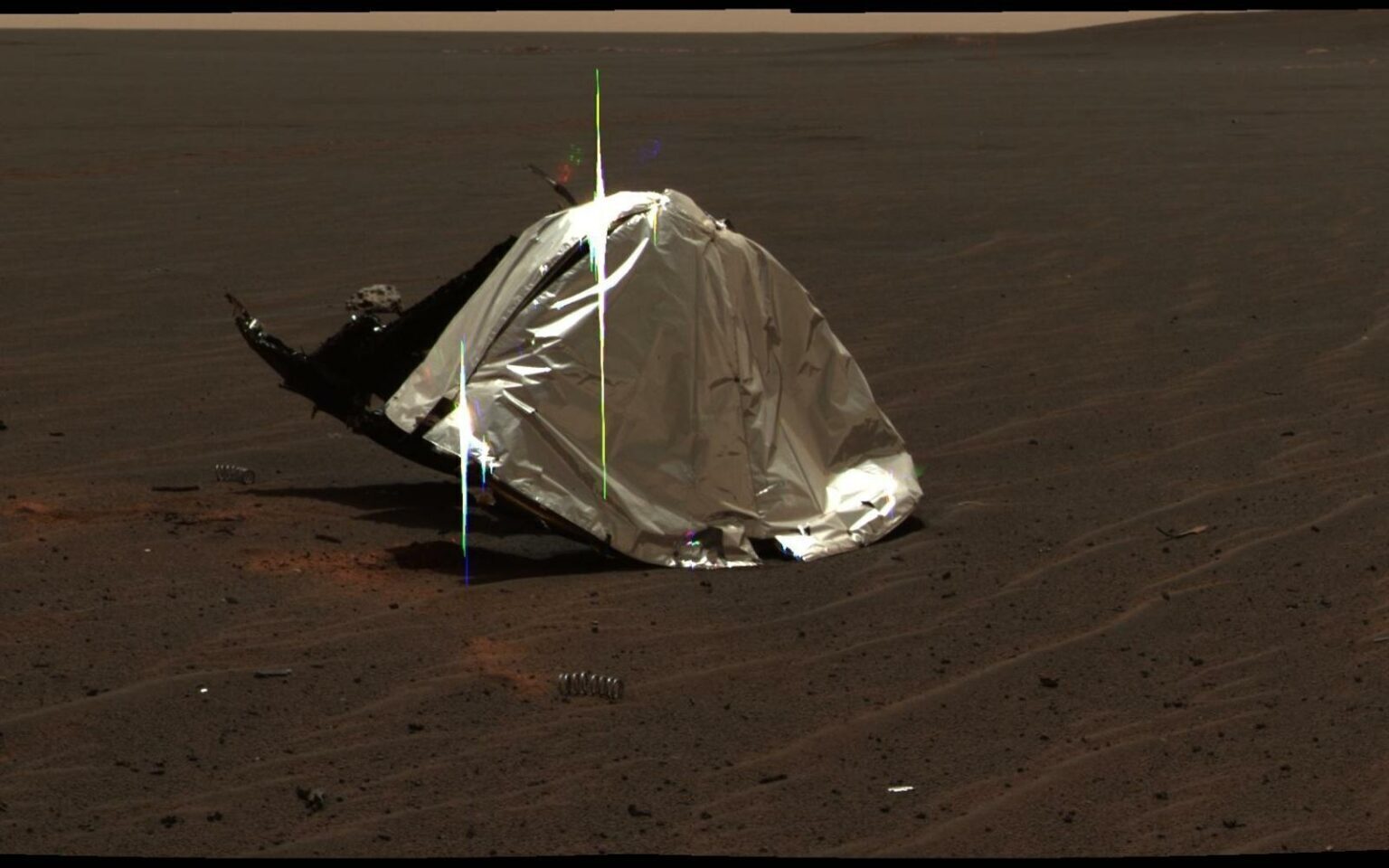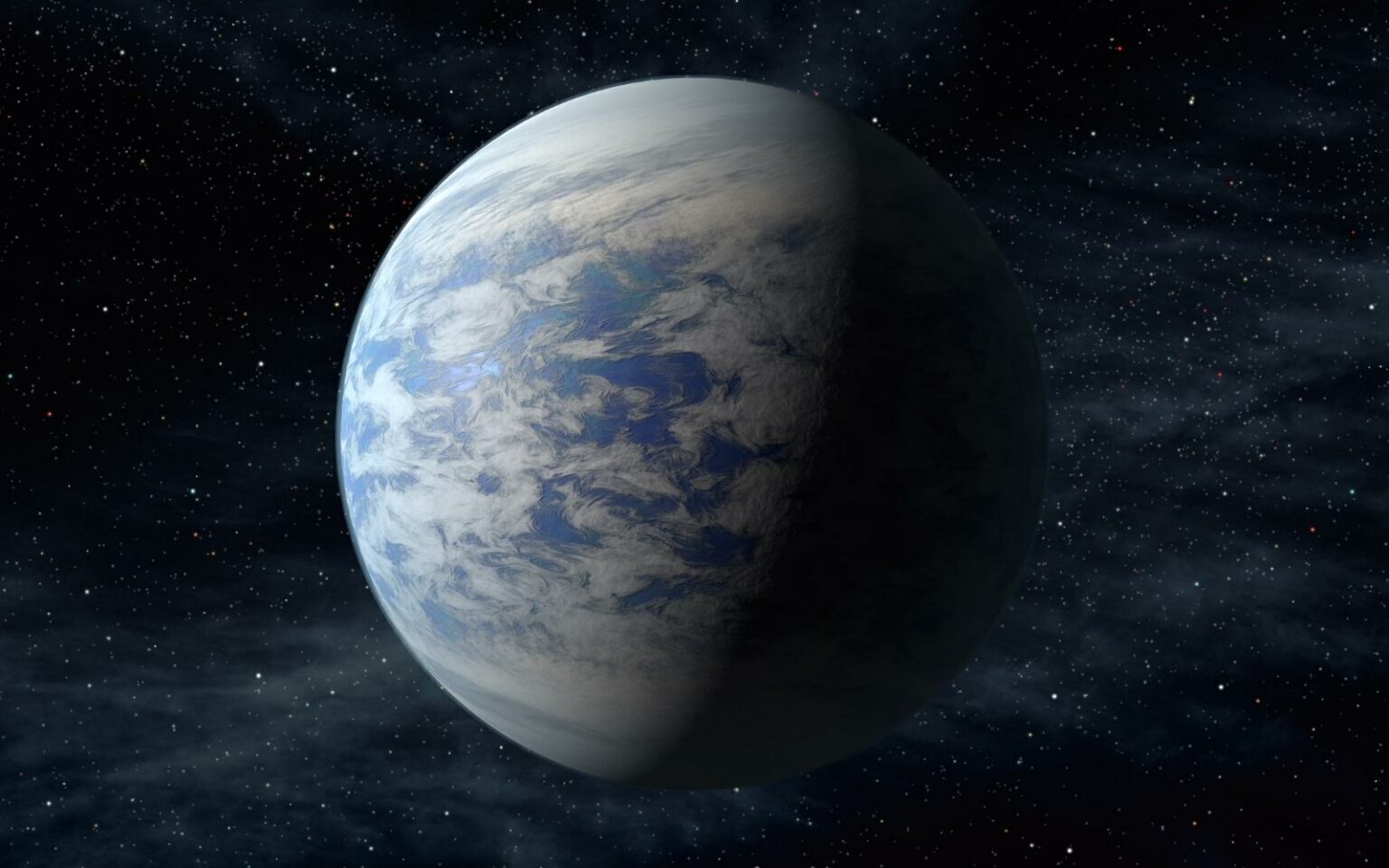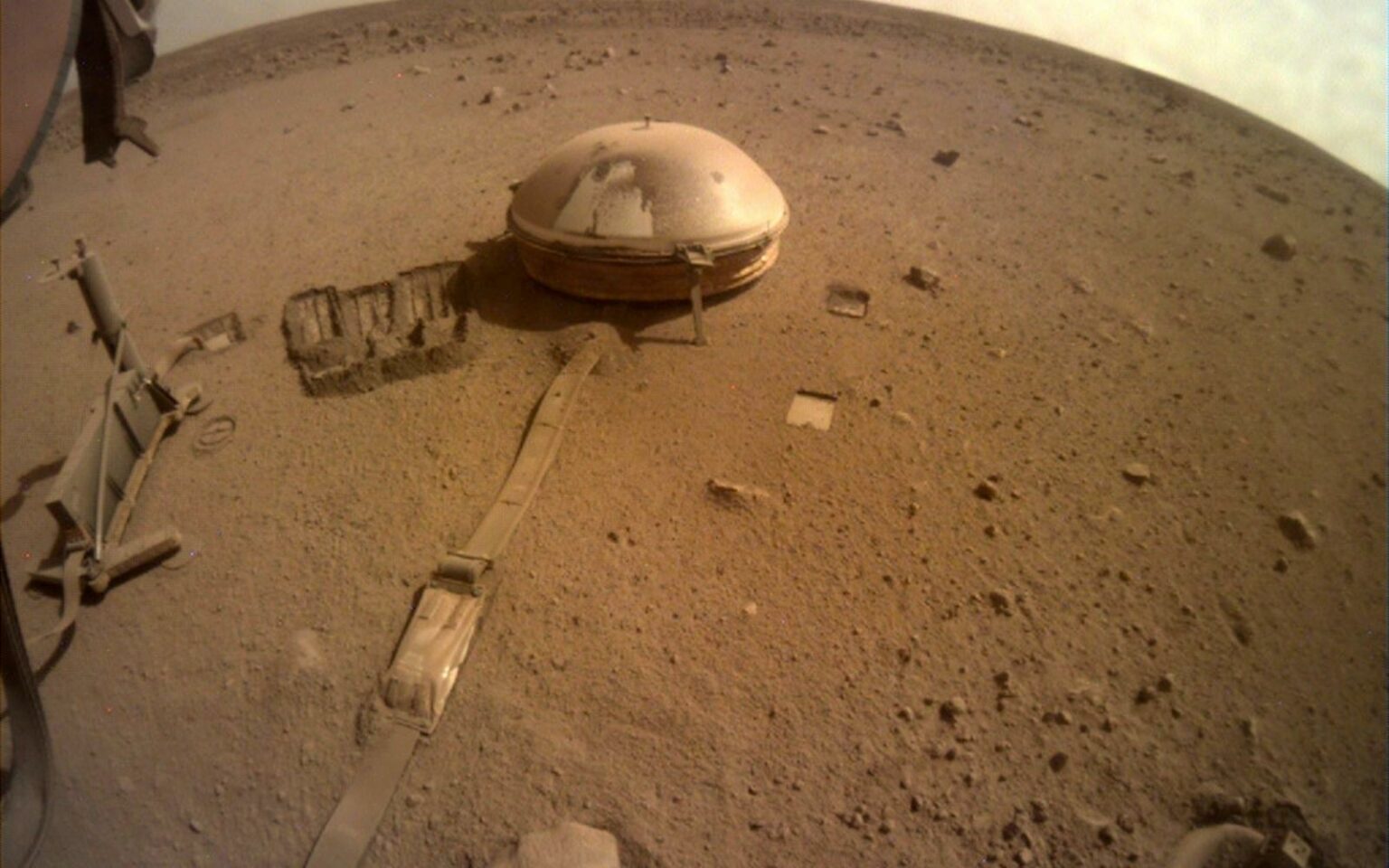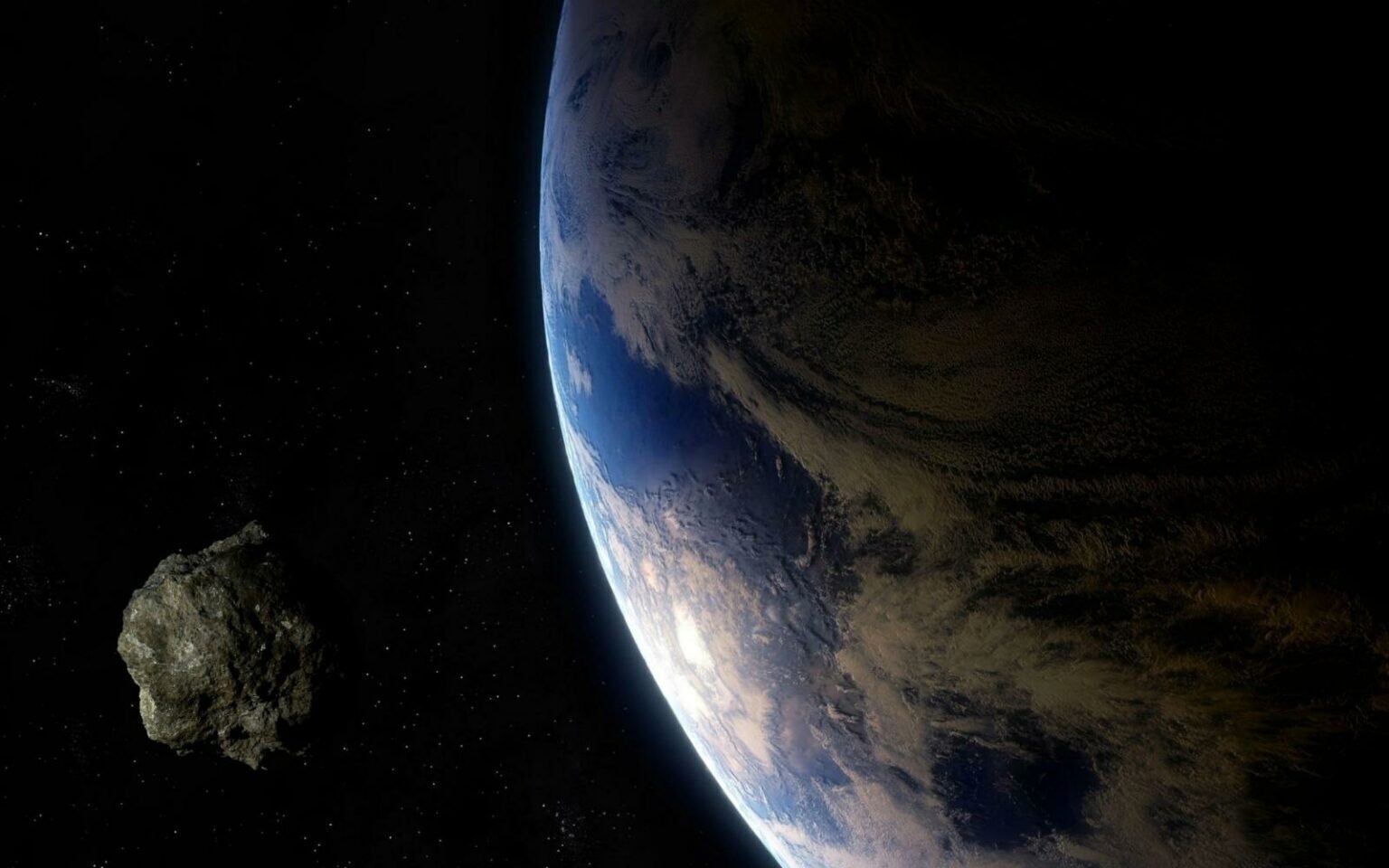At first glance, it’s hard to see what gold, iron, lead, arsenic, silver, platinum and tin have in common. A look at the periodic table will clear up the confusion: they are all heavy metals, typically categorised as those metals with an atomic weight and density at least five times greater than water. These and other heavy metals occur naturally in the environment, and in some cases, in our bodies. They’re mostly considered harmless but at certain levels of exposure they can be toxic to human, plant and animal life. Being over exposed to heavy metals can stunt plants’ growth and lower…
Author: The Conversation
In September, the Wall Street Journal reported that Instagram is faltering in its bid to keep up with TikTok, the wildly popular Chinese-owned video-sharing app. But it is not just Instagram fretting over TikTok’s meteoric rise — a Google exec raised similar concerns about how TikTok was drawing younger users away from Google’s core services such as Search and Maps. TiKTok’s rise is confirmed by data from our new nation-wide, census-balanced online survey, The State of Social Media in Canada 2022, which surveyed 1,500 Canadian adults over the age of 18 between May 12 and 31, 2022. The rise of TikTok Our report findings show that Canadians’ use of…
Houses are getting smarter: smart thermostats manage our heating, while smart fridges can monitor our food consumption and help us order groceries. Some houses even have smart doorbells that tell us who is on our doorstep. And of course, smart TVs allow us to stream the content we want to watch, when we want to watch it. If that all sounds very futuristic, a recent survey tells us that 23% of people in western Europe and 42% of people in the US use smart devices at home. While these smart devices are certainly convenient, they can also present security risks. Any device with…
There’s no doubt that online dating and dating apps have transformed the way we initiate, form and end romantic relationships. We might also question whether the convenience of these apps has encouraged us to behave differently than we would in “real life”. More specifically, do mobile dating apps breed bad or antisocial behaviour? If you use dating apps, you’ve probably been “ghosted” on occasion (where someone withdraws all contact) – or maybe you’ve ghosted somebody yourself. Perhaps you’ve found out that someone you’ve been chatting to on an app was in a relationship. Or if you don’t use these apps, you might…
Today, the Australian government released the STEM Equity Monitor 2022 – the nation’s annual scorecard on gendered participation in science, technology, engineering, and mathematics (STEM) education and careers. These data are more relevant than ever. Australia is facing unprecedented skills shortages in critical areas – we need highly qualified people to help address our economic, environmental, and technological challenges. Future careers in all sectors will rely heavily on STEM skills. But a lack of diversity means we have a limited workforce, and it’s missing a broad range of perspectives. What does the scorecard say? We start with some positive news – the number of…
People have been exploring the surface of Mars for over 50 years. According to the United Nations Office for Outer Space Affairs, nations have sent 18 human-made objects to Mars over 14 separate missions. Many of these missions are still ongoing, but over the decades of Martian exploration, humankind has left behind many pieces of debris on the planet’s surface. I am a postdoctoral research fellow who studies ways to track Mars and Moon rovers. In mid-August 2022, NASA confirmed that the Mars rover Perseverance had spotted a piece of trash jettisoned during its landing, this time a tangled mess of netting. And this is not…
In 2019, former UN Special Rapporteur Philip Alston said he was worried we were “stumbling zombie-like into a digital welfare dystopia.” He had been researching how government agencies around the world were turning to automated decision-making systems (ADS) to cut costs, increase efficiency and target resources. ADS are technical systems designed to help or replace human decision-making using algorithms. Alston was worried for good reason. Research shows that ADS can be used in ways that discriminate, exacerbate inequality, infringe upon rights, sort people into different social groups, wrongly limit access to services and intensify surveillance. For example, families have been bankrupted and forced into crises after being falsely accused of benefit…
Astronomers now routinely discover planets orbiting stars outside of the solar system – they’re called exoplanets. But in summer 2022, teams working on NASA’s Transiting Exoplanet Survey Satellite found a few particularly interesting planets orbiting in the habitable zones of their parent stars. One planet is 30% larger than Earth and orbits its star in less than three days. The other is 70% larger than the Earth and might host a deep ocean. These two exoplanets are super-Earths – more massive than the Earth but smaller than ice giants like Uranus and Neptune. I’m a professor of astronomy who studies galactic cores, distant galaxies, astrobiology and exoplanets. I closely follow the search for planets that…
Since 2018, NASA’s InSight mission to Mars has recorded seismic waves from more than 1,300 marsquakes in its quest to probe the internal structure of the red planet. The solar panels of the car-sized robotic lander have become caked with Martian dust, and NASA scientists expect it will completely power down by the end of 2022. But the internal rumblings of our planetary neighbour aren’t the only things that InSight’s seismometers detect: they also pick up the thuds of space rocks crashing into the Martian soil. In new research published in Nature Geoscience, we used data from InSight to detect and locate four high-speed meteoroid collisions, and…
Nasa’s Double Asteroid Redirection Test (Dart) spacecraft is designed to be a one hit wonder. It will end its days by crashing into an asteroid at 24,000 kilometres per hour on September 26. Launched from Earth in November 2021, Dart is about the size of a bus and was created to test and prove our ability to defend the Earth from a dangerous asteroid. Landing a direct hit on a target from 11 million kilometres away isn’t easy. But while this sounds far, the asteroid was actually selected by Nasa because it is relatively close to Earth. This will give engineers the…











